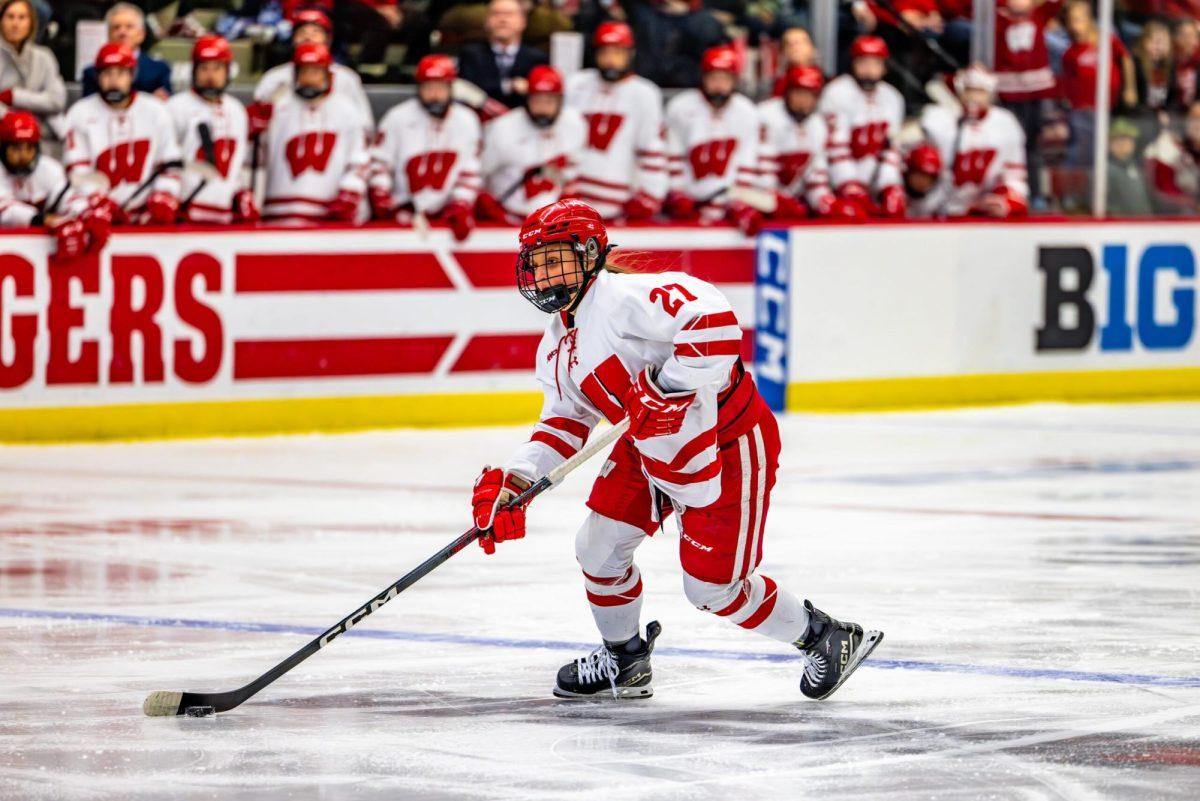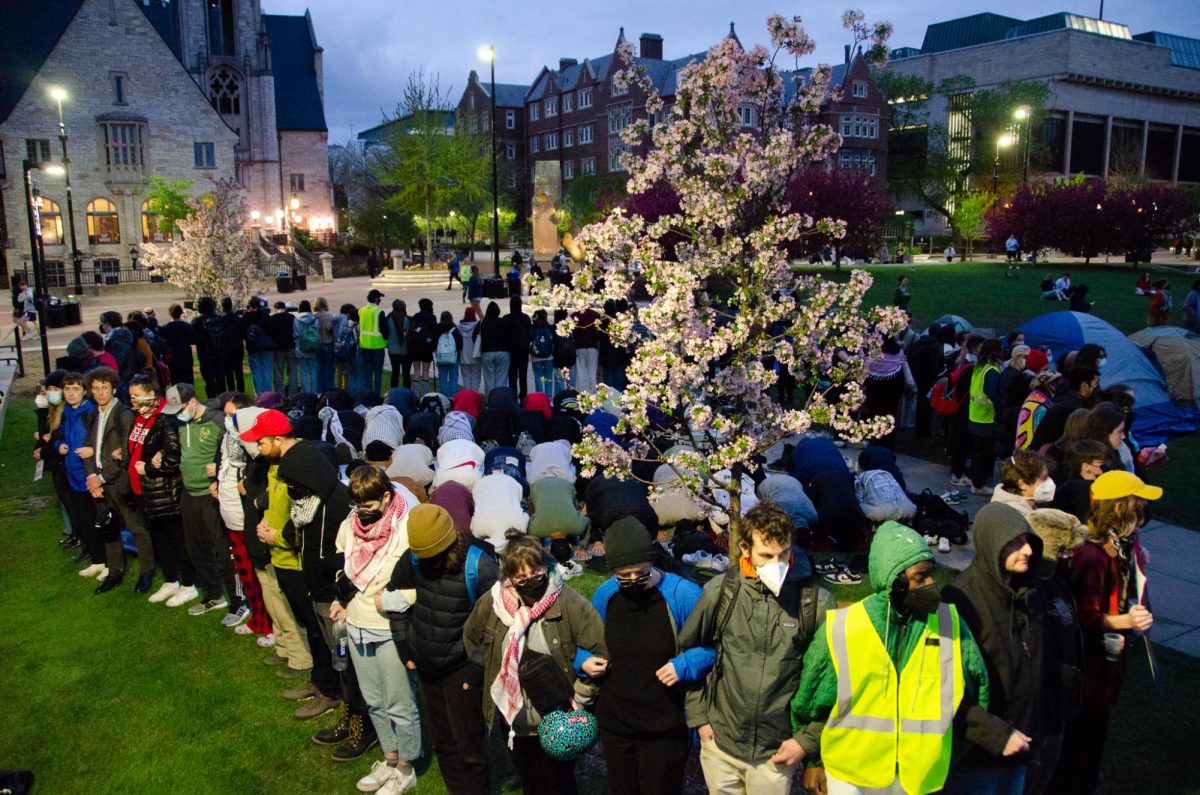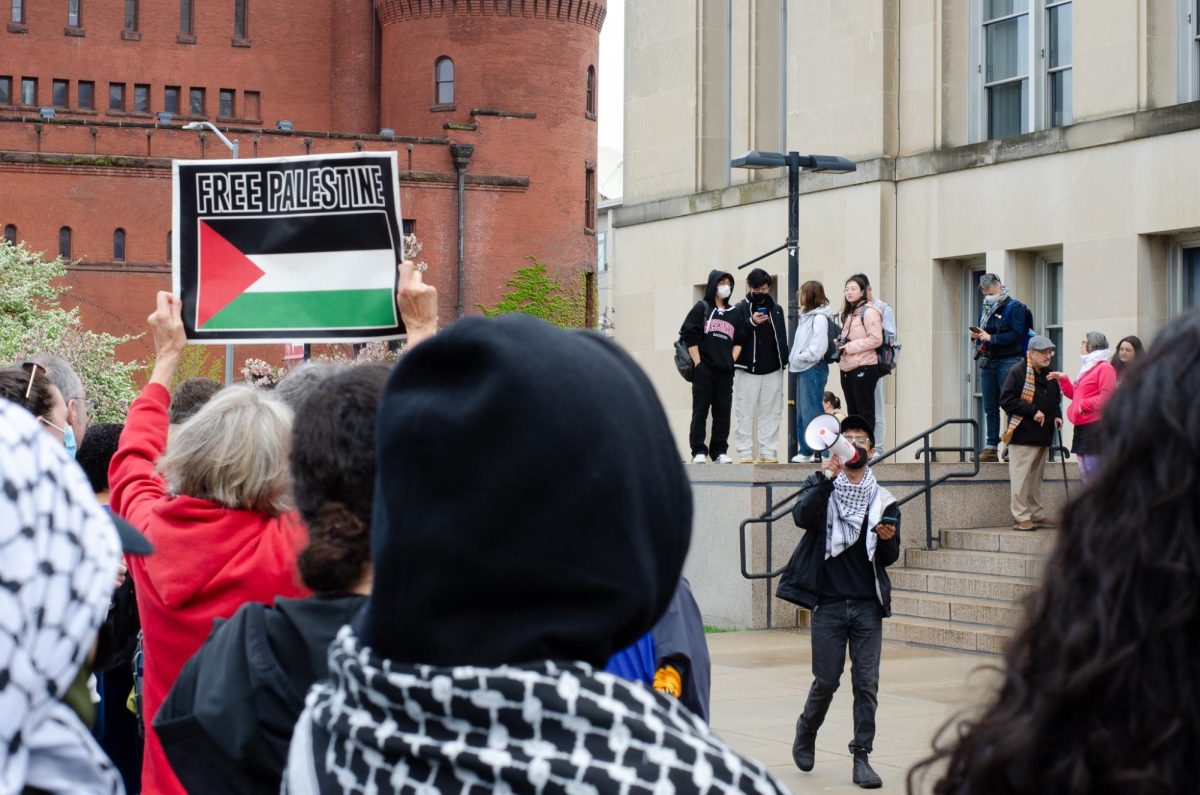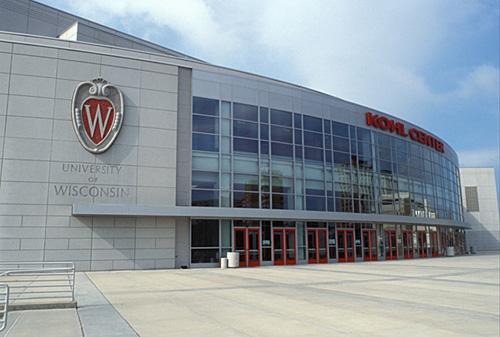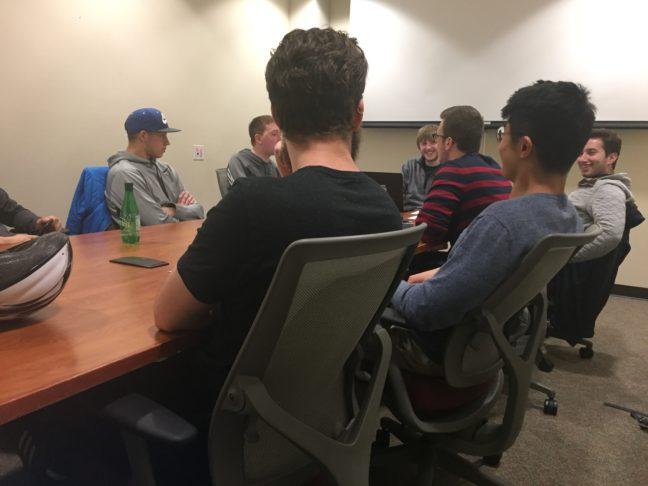To ensure equal representation of all student bodies on campus, the Student Judiciary Committee met Tuesday to discuss the reapportionment of the Associated Students of Madison student representative seats.
Reapportionment, which was brought to the attention of the Judiciary earlier this month, refers to how ASM allocates student representative seats.
At the meeting, the committee discussed Rep. Brooke Evans’s letter to ASM Chief Justice William Olson about advocating for seats specifically for transfer students. Evans also emphasized the importance of seats for international students, minority liaisons, first-generation students and Greek-life members among others as well.
Student leaders questions whether L&S is overrepresented on ASM
Transfer students account for 20 percent of the incoming class, Evans’ letter said. She differentiated between transfer students and freshmen, pointing out they are both first-year students, yet only freshmen have allocable seats.
Freshmen seating is biased toward the traditional college experience, Evans said in her letter. She also called for the reduction of one freshman and one College of Letters and Science seat.
This reduction, however, is not doable because the allocation of seats is based on the student population, Olson said. A constitutional amendment would be needed to increase or decrease the number of student seats available.
“The two points of logic for freshmen seats are to get freshmen involved,” Olson said. “Freshmen come in and pay segregated fees, but haven’t voted for their representatives yet … which is more or less identical to a transfer student.”
ASM amends constitution for first time in more than a decade
Evans also requested that short-course, non-traditional students, and Odyssey Program students be represented in the allocation of seats for special students. Special students include students who are not full-time and are not a part of any school or college, but pay segregated fees.
Since short-course students are only on campus from November to March, they are not active students at the time of ASM elections, Olson said. Despite their limited time on campus, Olson said they will look into further research to see whether or not these students pay segregated fees.
If short-course students do pay those fees, then the Judiciary will have to find a place where the short-course could be represented in ASM, Olson said.
While UW student government diversifies, some say efforts fall short
The committee expressed concern over allowing seats for international and out-of-state students, partly due to the fact there is the potential of these students to be double-counted in their school or college. This argument, however, also encompasses minority liaisons, first-generation students, and Greek-life members, Olsen said.
The Judiciary discussed potential ways of including these sectors of the student population in student government.
Vice Chief Justice Ben Smith said the Judiciary can reassign or add new representative bodies, however, the representation has to be apportioned among reasonable academic units. The units’ populations determine their seat numbers.
The Judiciary discussed the idea of “lumping academic identities” together, Olson said. This would include the renaming of “freshmen student seats” to “first-year student seats,” encompassing both transfer students and freshmen.
They also would combine professional schools as a graduate seat and McBurney students as their own representative body, Oslon said.
The Judiciary will continue to deliberate over the next two weeks about how these seats will be allocated. These changes would most likely go into effect in fall 2018, Olson said.


